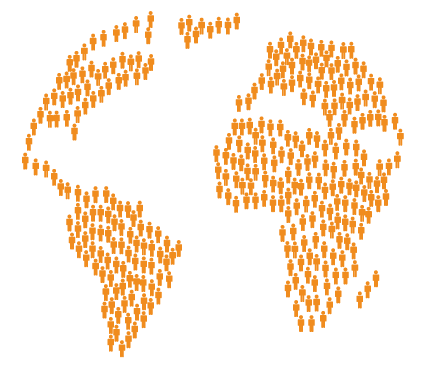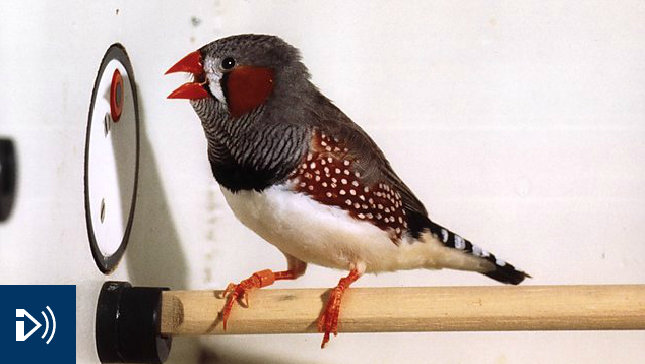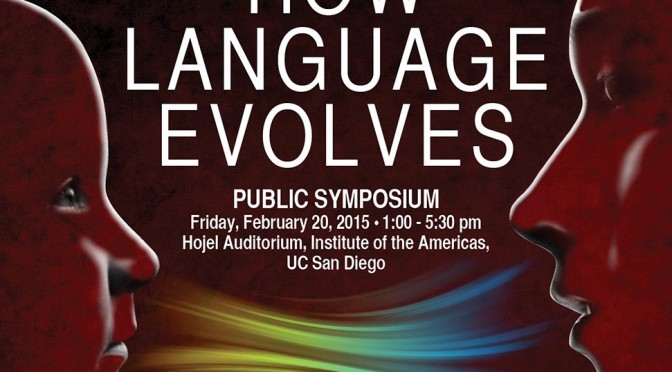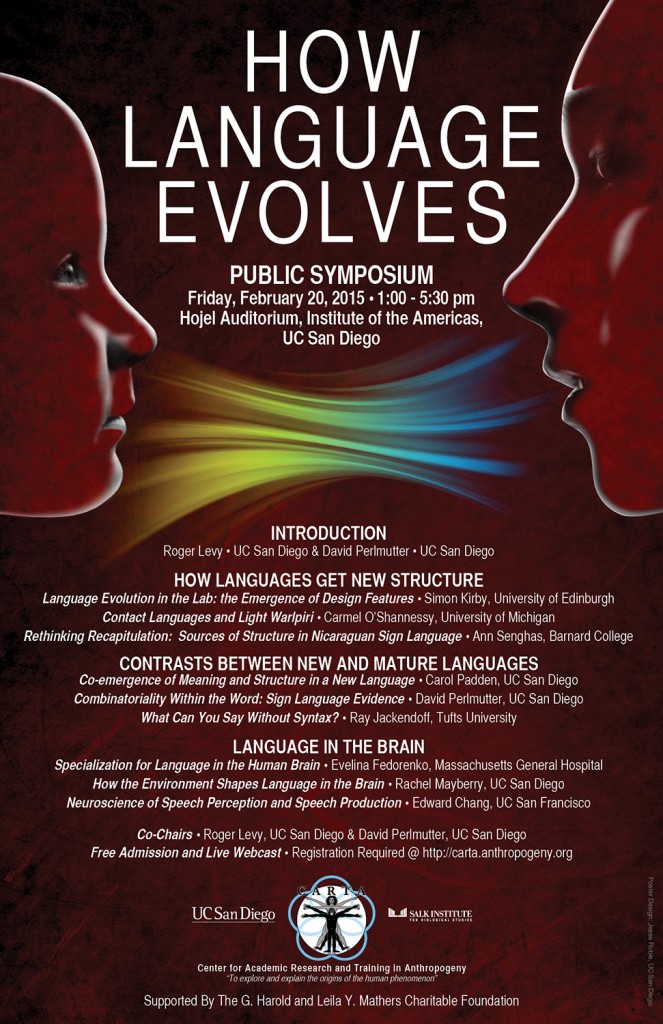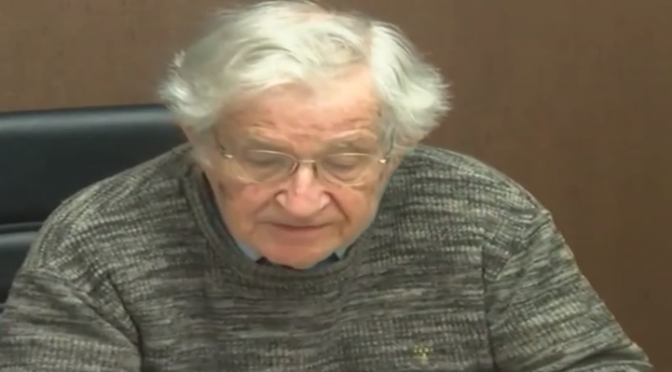—————————-
Call For Participation
—————————-
Computational Construction Grammar and Constructional Change
Annual Conference of the Linguistic Society of Belgium
8 June 2015, Vrije Universiteit Brussel, Belgium
http://ai.vub.ac.be/bkl-2015
After several decades in scientific purgatory, language evolution has reclaimed its place as one of the most important branches in linguistics, and it is increasingly recognised as one of the most crucial sources of evidence for understanding human cognition. This renewed interest is accompanied by exciting breakthroughs in the science of language. Historical linguists can now couple their expertise to powerful methods for retrieving and documenting which changes have taken place. At the same time, construction grammar is increasingly being embraced in all areas of linguistics as a fruitful way of making sense of all these empirical observations. Construction grammar has also enthused formal and computational linguists, who have developed sophisticated tools for exploring issues in language processing and learning, and how new forms of grammar may emerge in speech populations.
Separately, linguists and computational linguists can therefore explain which changes take place in language and how these changes are possible. When working together, however, they can also address the question of why language evolves over time and how it emerged in the first place. This year, the BKL-CBL conference therefore brings together top researchers from both fields to put evidence and methods from both perspectives on the table, and to take up the challenge of uniting these efforts.
————————
Invited Speakers
————————
The conference contains presentations by 5 different keynote speakers.
* Graeme Trousdale (University of Edinburgh)
* Luc Steels (VUB/ IBE Barcelona)
* Kristin Davidse (University of Leuven)
* Peter Petré (University of Lille)
* Arie Verhagen (University of Leiden)
————————
Poster Presentations
————————
We still accept 500-word abstracts for poster presentations. All presentations must represent original, unpublished work not currently under review elsewhere. Work presented at the conference can be selected as a contribution for a special issue of the Belgian Journal of Linguistics (Summer 2016).
————————
Important dates
————————
* Abstract Submission: 29 May 2015
* Notification of acceptance: 1 June 2015
* Conference: 8 June 2015
————————
Introductory tutorial on Fluid Construction Grammar
————————
Learn how to write your own operational grammars in Fluid Construction Grammar in our tutorial on 7 and 9 June. The tutorial is practically oriented and mainly consists of hands-on exercises. Participation is free but registration is required.
————————
Organising Committee
————————
* Katrien Beuls, Vrije Universiteit Brussel, Belgium
* Remi van Trijp, Sony Computer Science Laboratories, Paris, France

